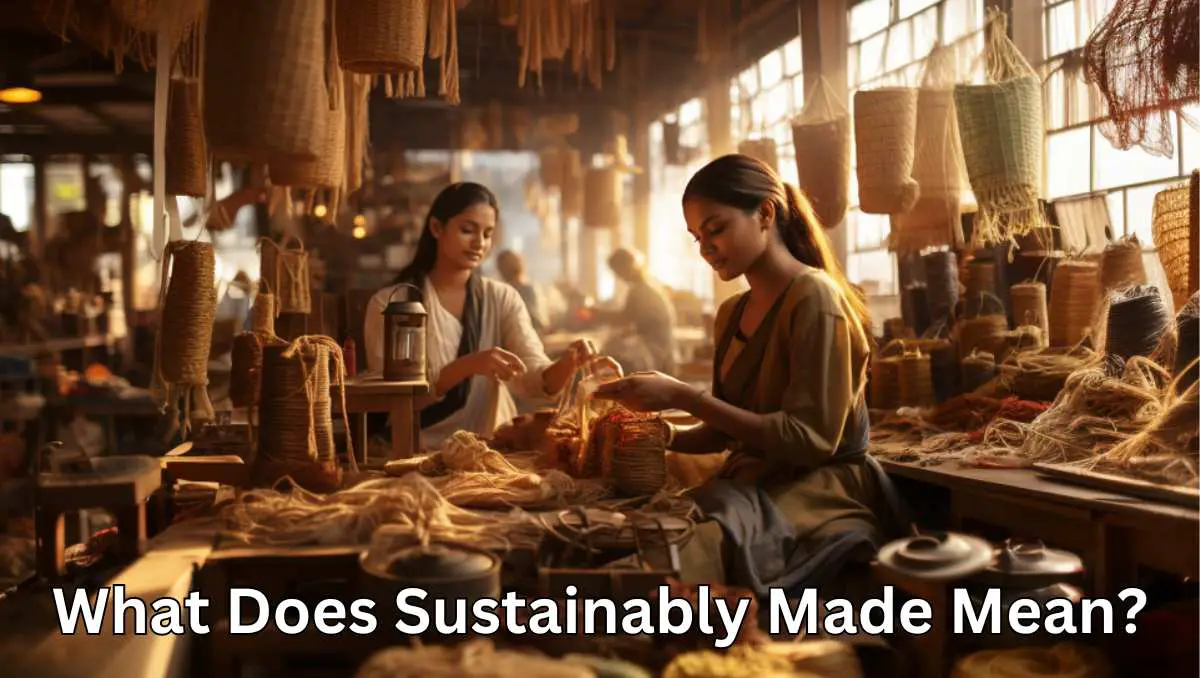In an era where conscious consumerism is gaining momentum, the phrase “sustainably made” is a rallying cry for those looking to make eco-friendly, ethically sound purchasing decisions. But amidst a flurry of labels and green claims, what does ‘sustainably made’ truly entail?
Sustainably made refers to creating products in a manner that is environmentally responsible throughout a product’s life-cycle, from sourcing raw materials to its disposal. This process contributes to positive economic, social, and environmental change.
In this article, we will explore what it truly means for a product to be sustainably made. We’ll delve into sustainable manufacturing principles and highlight certifications to look out for when shopping consciously.
The Three Pillars of Sustainability
Before we discuss the whole concept of what sustainably made truly means, it’s essential to understand the three pillars of sustainability individually.
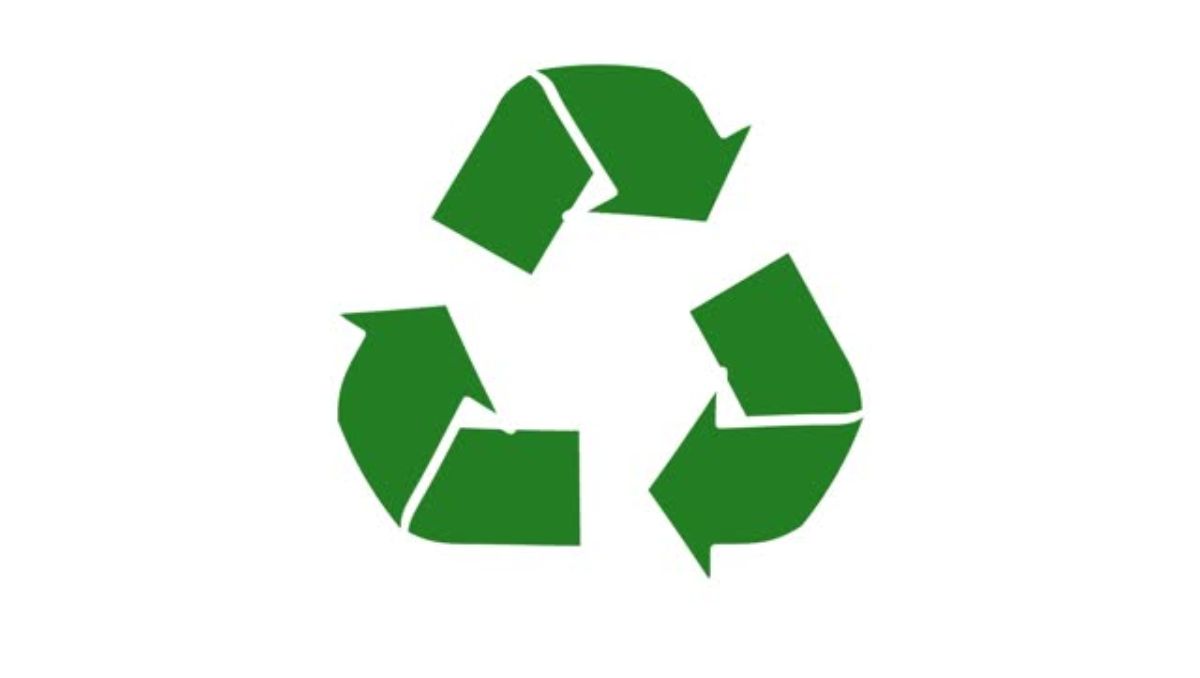
Environmental sustainability
Environmental sustainability revolves around using green energy and renewable resources to minimize our carbon footprint and preserve our planet’s natural resources.
By implementing effective waste management strategies and utilizing eco-friendly materials, we can reduce pollution and promote a healthier environment for future generations. Eco-friendly materials like recycled plastics and sustainable wood alternatives help minimize waste and conserve natural habitats.
Environmental sustainability is finding harmony between human activities and the Earth’s ecosystems to ensure a sustainable future for all living beings.
Social sustainability
Social sustainability focuses on creating a society that promotes social equity and community development.
In a socially sustainable community, worker rights are respected, and fair wages are paid to ensure that individuals can support themselves and their families. Additionally, there is supply chain transparency, meaning that consumers can access information about how products are made and whether they were produced ethically.
Achieving social sustainability requires collaboration between businesses, governments, and individuals to create an inclusive society where everyone feels valued and has equal opportunities for success.
Economic sustainability
You can’t have social sustainability without economic sustainability, as the two concepts are intrinsically linked and crucial for creating a thriving community.
Economic sustainability refers to the ability of an economy to support present and future generations by promoting sustainable development. This involves adopting practices that prioritize responsible consumption, renewable resources, and the implementation of green technology.
Sustainable businesses play a vital role in economic sustainability by producing goods and services that meet present needs without compromising the ability of future generations to meet their own needs.
So, What Does Sustainably Made Products Mean?
Sustainably made products refer to goods produced through practices that prioritize environmental stewardship, social responsibility, and economic viability, or the three pillars of sustainability mentioned above.
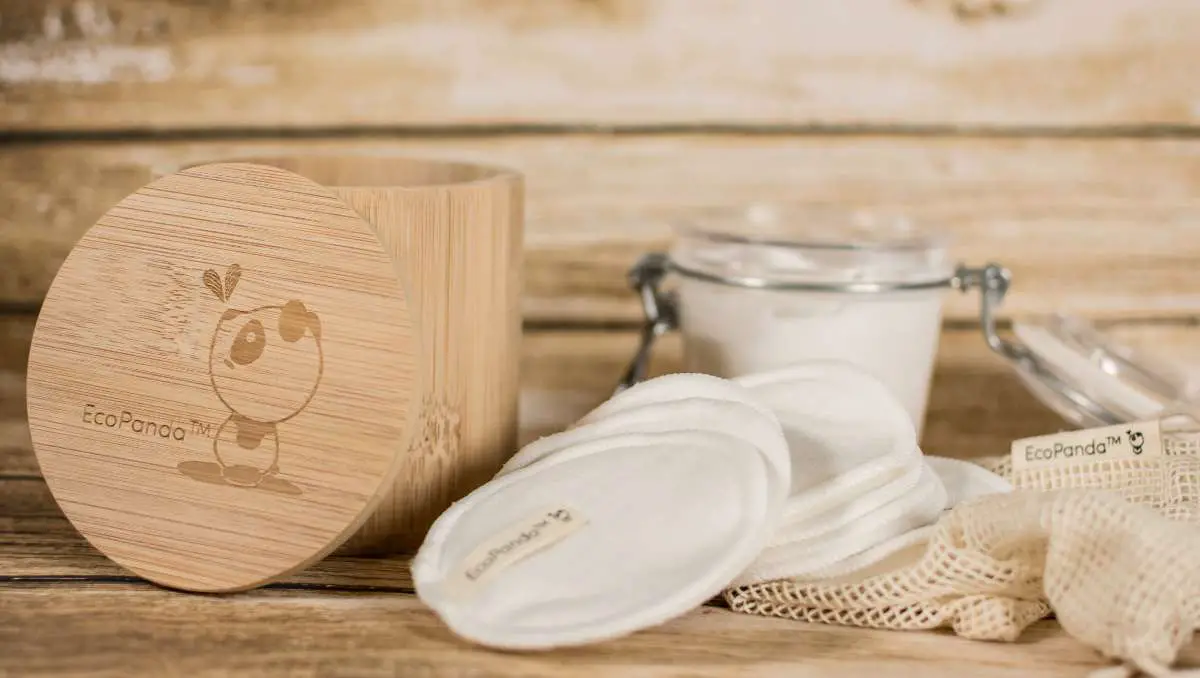
Sustainably made products have a profound impact on the market. They provide consumers with choices that align with their values and aspirations for a better world.
These products are crafted in a way that aims to minimize adverse environmental impacts, promote fair labor practices, and contribute towards a positive socio-economic change. In short, a sustainably made product:
- doesn’t deplete natural resources
- doesn’t harm the environment
- doesn’t exploit workers
- wasn’t made with toxic chemicals
- isn’t packaged in excessive materials
- isn’t designed to be disposable
Examples of Sustainably Made Products
Here are some of the examples of eco-friendly and sustainably made products:
- Clothing made from natural fibers and organic materials like cotton, hemp, etc.
- Food grown locally and sustainably
- Electronics made with fair trade materials
- Energy-efficient appliances and products
- Furniture made from reclaimed materials
- Personal care products made with natural ingredients and packaged in recyclable materials such as organic tampons
- Cleaning products made with non-toxic ingredients and packaged in recyclable materials
- Home goods made from sustainable materials, such as bamboo, cork, and recycled plastic
- Toys made from sustainable materials, such as wood, bamboo, and recycled plastic
- Office supplies made from recycled materials
- Building materials made from sustainable materials, such as recycled concrete, reclaimed wood, and bamboo
Principles of Sustainable Manufacturing
Let’s delve into the principles of sustainable manufacturing, focusing on four key points:
Resource Efficiency

Resource efficiency is crucial in creating sustainably made products because it helps minimize waste and maximize the use of available resources. By focusing on energy conservation, zero waste rules, and the utilization of renewable resources, manufacturers can contribute to a greener future.
Implementing green technology allows for more sustainable production processes, reducing environmental impact and ensuring the longevity of resources. Adopting a circular economy approach also encourages product design that considers end-of-life scenarios, promoting recycling and reusing materials.
Ethical Labor Practices
Ethical sourcing is crucial for guaranteeing that the materials used in production are obtained from suppliers who uphold worker rights and adhere to supply chain transparency. This means verifying that no labor exploitation or human rights violations occur throughout the supply chain.
Additionally, it is essential to provide living wages to workers, ensuring they earn enough to cover their basic needs and have a decent standard of living. By prioritizing ethical labor practices, companies can foster a sense of belonging among their employees, promoting loyalty and productivity.
Environmental Impact Reduction
One way to achieve environmental impact reduction is by reducing waste throughout the production process. This involves implementing strategies such as recycling and reusing materials and reducing microplastics and packaging waste.
Another important aspect is using renewable energy sources, which can help decrease carbon emissions and reliance on fossil fuels. Additionally, sustainably made products often utilize eco-friendly materials sourced responsibly and have minimal negative environmental impact.
Economic Viability
Sustainable development aims to achieve a balance between environmental protection and economic growth. By adopting sustainable practices, businesses can contribute to job creation and financial stability in their communities. Sustainable production methods often lead to cost savings in the long run, making businesses more competitive in the market.
Incorporating sustainability into business operations benefits the environment and provides economic advantages. It allows companies to tap into growing consumer demand for eco-friendly products while maintaining profitability. As consumers become more conscious about their purchasing decisions, businesses embracing sustainability will likely gain a competitive edge.
Identifying Authenticity: Certifications for Sustainably Made Products
These certifications provide consumers with assurance that the products they’re purchasing have been produced in a sustainable and ethical manner.
Fair Trade Certification
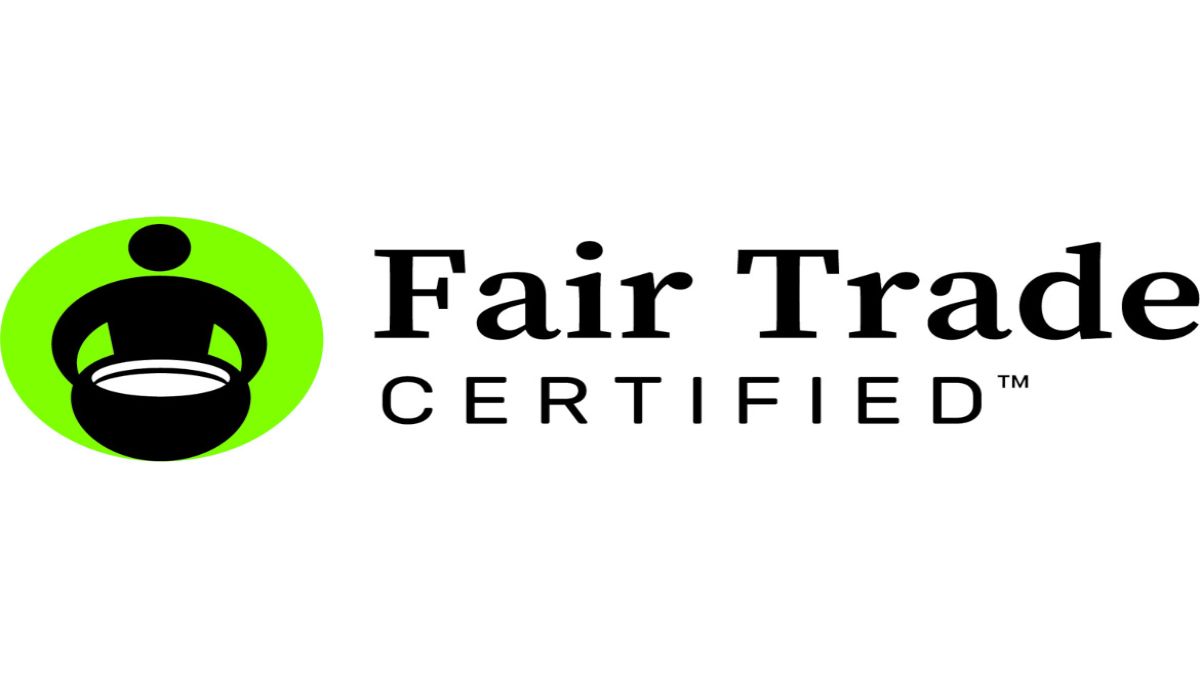
The Fair Trade Certification provides numerous benefits to both producers and consumers. Fair Trade principles focus on fair wages, safe working conditions, and eliminating child labor.
The Fair Trade labeling allows consumers to make informed choices by identifying products that meet these ethical guidelines. The impact of fair trade extends beyond individual transactions; it supports communities in developing countries by providing them with access to markets and empowering farmers and workers.
Certified Organic
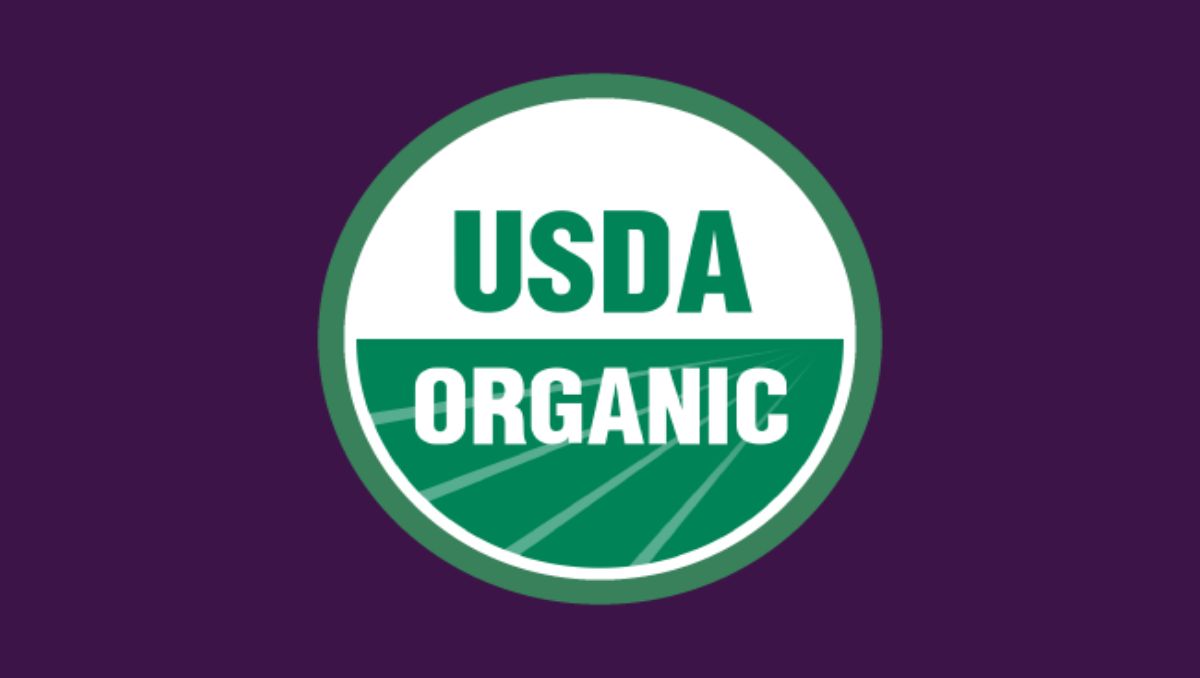
Certified Organic is a hallmark for products made without synthetic pesticides, genetically modified organisms, and other artificial chemicals, ensuring a lesser toxic footprint on the soil and the end consumers.
Organic certification ensures transparency in labeling, allowing consumers to make informed choices about the food they buy. Moreover, purchasing certified organic products supports sustainability standards by encouraging farmers to adopt practices that reduce water usage and energy consumption.
B Corp Certification

B Corp certification is awarded to companies that meet rigorous standards for sustainable business practices, corporate social responsibility, impact measurement, and stakeholder engagement. This certification goes beyond product-level evaluation to assess a company’s overall social and environmental performance, pushing for a holistic approach to sustainability.
B Corp is committed to balancing profit with purpose, ensuring they positively impact people and the planet. By achieving this certification, businesses demonstrate their commitment to transparency and accountability.
Benefits of Buying Sustainably Made Products
When buying sustainably made products, there are several key benefits to consider.
Environmental
By choosing sustainably made products, you’re actively contributing to the fight against climate change. Many sustainable products are produced using renewable energy sources, such as solar or wind power. This significantly reduces greenhouse gas emissions compared to traditional manufacturing methods.
These products often come in eco-friendly, biodegradable, or recyclable packaging. This further minimizes waste and pollution. Sustainably made products also support conservation efforts by using responsibly sourced materials and promoting sustainable farming practices. Furthermore, they often incorporate green technology to minimize resource consumption and maximize efficiency.
Social
Ethical sourcing ensures that materials are obtained responsibly, considering environmental and social impacts. Community engagement is another critical aspect, as it involves actively involving local communities in decision-making processes and empowering them to shape their future.

Worker empowerment is also essential, ensuring fair wages, safe working conditions, and opportunities for growth and development. Ethical fashion considers all these elements, promoting inclusivity, diversity, and respect for workers’ rights.
Economic
Economic growth and job creation are vital benefits of sustainably made products. When consumers demand sustainable goods, a market demand drives businesses to adopt sustainable business models. This results in the growth of the green economy, where environmentally friendly practices become mainstream.
Sustainable businesses not only contribute to economic growth but also create jobs that support local communities. By choosing sustainably made products, you’re actively participating in this movement towards a greener economy while helping to create employment opportunities.
Tips To Become a Sustainable Shopper
Make a conscious effort to be a sustainable shopper by following the tips below.
- Research eco-friendly brands and make informed choices about the products you buy. Support sustainable fashion brands that prioritize sustainability.
- Look for products with eco-friendly packaging. Many brands now use recyclable or biodegradable materials for their packaging, reducing waste and pollution.
- Support companies that ensure fair labor practices and treat their workers well. Look for certifications like Fair Trade or Responsible Wool Standard when purchasing clothing or other goods.
- Instead of following fast fashion trends, choose timeless pieces made to last. Investing in quality items reduces waste and saves money in the long run.
- Consider secondhand shopping as well. Thrift stores, consignment shops, and online platforms offer a wide range of pre-loved items at affordable prices.
- Adopt a minimalist lifestyle, focus on owning fewer but high-quality possessions to reduce consumption and waste, and make your apartment more sustainable.
Join the Sustainability Movement: Shop Sustainably
You now clearly understand what it means for a product to be sustainably made. By considering the three pillars of sustainability and following sustainable manufacturing principles, you can make informed choices as a consumer.
Remember the adage ‘every small step counts,’ as each decision to purchase sustainably made products contributes to a brighter future for our planet. So go ahead and embrace sustainable shopping!

